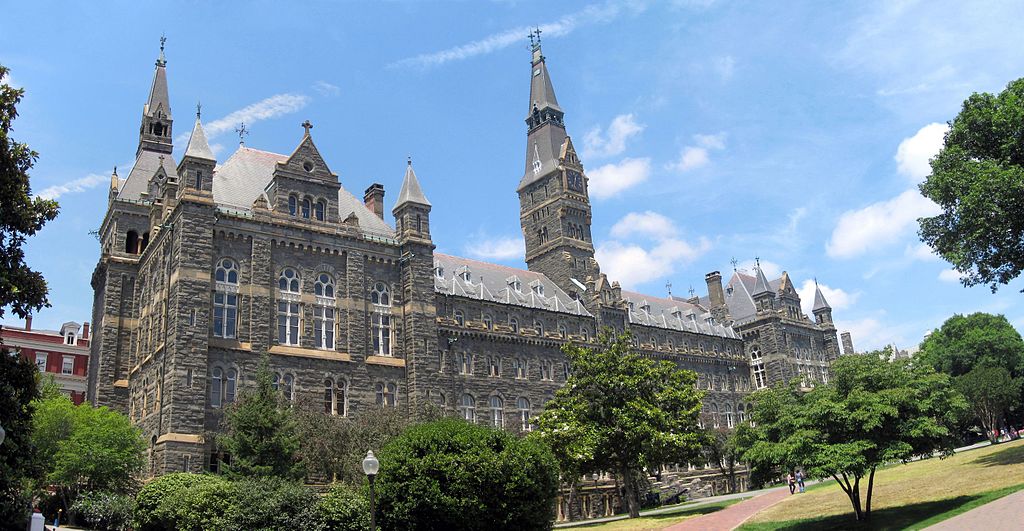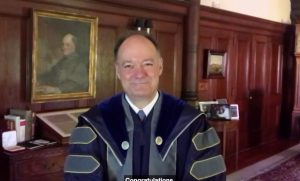Since the beginning of August, Georgetown students have raised nearly $6,500 in funds for students through the GU Mutual Aid Network. Over $5,100 of the amount raised has been redistributed to students requesting financial assistance.
According to Megan Huynh (NHS ‘22) and Binqi Chen (NHS ‘22), who helped launch the fund in early August, the financial stress caused by the COVID-19 pandemic and the lackluster initial financial aid packages from Georgetown were the main reasons behind the establishment of the fund.
“Because of the pandemic, we’ve really seen the exacerbation of wealth inequalities all across society, and that’s definitely the case for Georgetown as well. The financial burden from COVID placed upon families, coupled with the recent hiccup with financial aid decisions that further worsened that strain,” Huynh wrote in an email to the Voice.
Through Instagram and other social media platforms, in addition to reaching out to recent alumni, the GU Mutual Aid Network has received over 260 individual donations. According to the fund’s Instagram page, while emergency funding is unlikely to be able to cover major expenses, the amount of an average donation ($24.69) can be used to meet short term needs such as public transportation or cleaning supplies. In addition to requesting emergency funding of up to $50 from the fund, students are able to request assistance for food, emergency housing, academic supplies, and transportation from volunteers through the fund’s database.
“We’re really again, just here to provide some quick turnarounds such as Uber rides or grocery money for all undergraduate students that need them, not just FGLI (first-generation, low-income students),” wrote Chen, referencing the fact that the pandemic has caused hardship for normally financially stable students. “I think it is important to recognize that other folks, who aren’t first-gen or low-income, are also experiencing great changes in their family finances, complications with their visa/immigration statuses, difficulties with housing insecurity, or battles with non-ideal living conditions.”
While only undergraduate students are currently able to request funding, Huynh hopes that the fund will eventually be able to expand its recipient pool. “Eventually, we would like to expand and raise enough funding to help not just undergrads, but the entire Georgetown community, including graduate students, medical students, and law students,” Huynh wrote.
The GU Mutual Aid Network is one of the many student-run mutual aid funds at universities across the country, including Columbia and George Washington. For Chen and Huynh, the flexibility and ease-of-access of mutual aid funds highlight the importance of student-run support systems. “Student organizing is incredibly important to efficiently and flexibly fill the gaps in immediate needs that the Georgetown administration might not be able to meet,” Huynh wrote.
Chen, however, emphasized the importance of seeing the fund as an additional, flexible resource available to students in need and not as a criticism of the university.
“I truly believe that Georgetown has some great help for FGLI students that are already built-in. As a GSP member myself… I don’t think they get enough applause for what they do,” Chen wrote. “We’re not here to criticize the administration nor take away from what amazing organizations and support systems like GSP are doing for students in need. We’re just a group of undergrads independent from the university and not here to step on anyone else’s toes.”
This post has been updated to correctly identify Chen and Huynh as members of the NHS.





